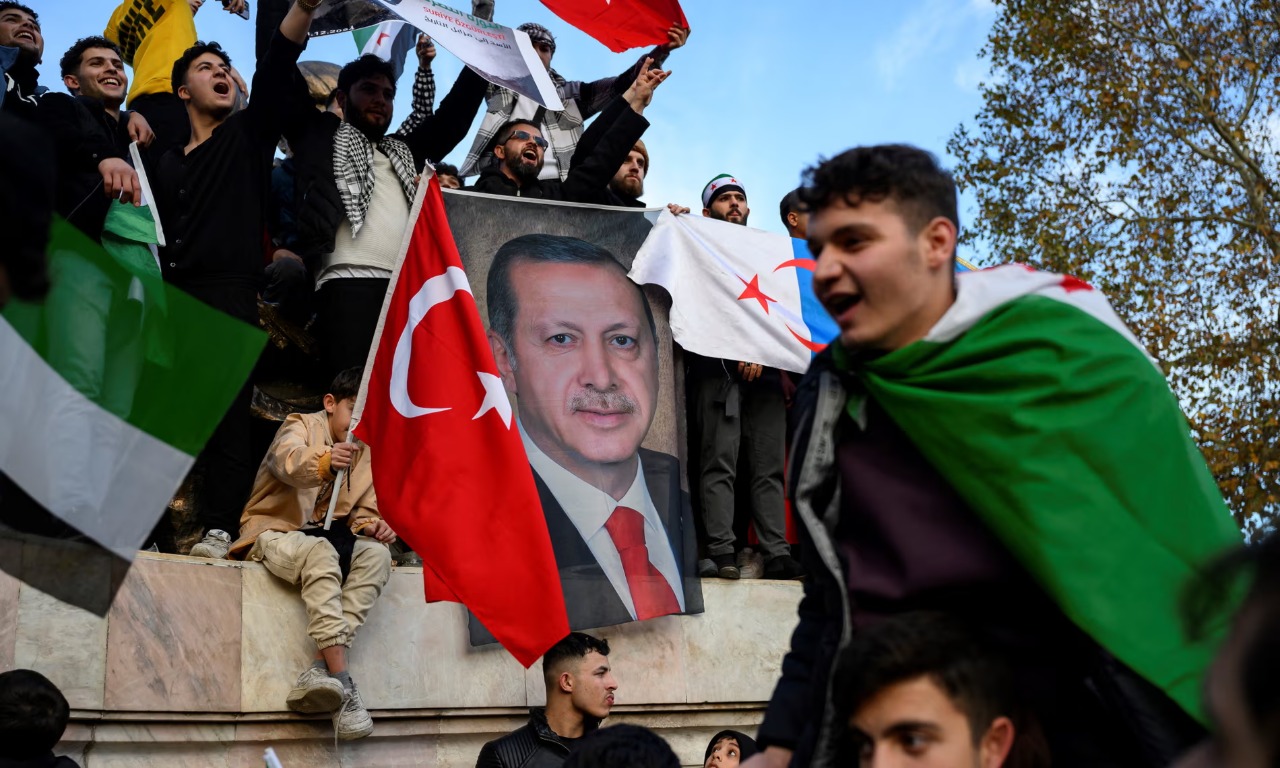
The balance of power is shifting in the Middle East: Turkey’s ‘full moon’ rising
The fall of the Assad regime in Syria marks the end of Iran’s long-feared “Shia crescent” and the rise of Turkey’s “full moon”, reshaping the geopolitical landscape, The Guardian writes. Recep Tayyip Erdoğan’s backing of the Syrian rebels has elevated Ankara to the status of a regional powerhouse.
As noted, Turkey played a pivotal role in the rebels’ surprising triumph. The operation unfolded with an extraordinary lack of the kind of violent destruction that has characterized Syrian campaigns over the past 13 years. Turkey provided intelligence, guidance and political cover.
The newspaper noted that Turkey’s ambitions extend far beyond Syria and Iraq, reaching across Africa, the Caucasus and central Asia. Four days after the rebel victory in Syria, Erdoğan successfully mediated a deal between Somalia and Ethiopia, two close Turkish allies, to de-escalate tensions over territorial disputes. Turkey’s deep involvement in Libya, including military support for the UN-recognised government, also secures its influence over the Mediterranean’s energy dynamics and positions it as a key power broker in north Africa.
Ankara’s role in Afghanistan has also grown in recent years, where it has cultivated ties with the Taliban since its return to power in 2021, east of Iran’s borders. Additionally, Turkey solidified its presence in Azerbaijan near Iran’s northern border by backing Baku militarily and diplomatically during the 2020 Nagorno-Karabakh war against Armenia, positioning itself as a key player in the Caucasus.
“In the years to come, the region’s power struggles will no longer revolve around the shadow of Iran’s ambitions but around the scope of Turkey’s. For rivals and allies alike, the question will no longer be whether Turkey will dominate the region, but how,” The Guardian writes.


